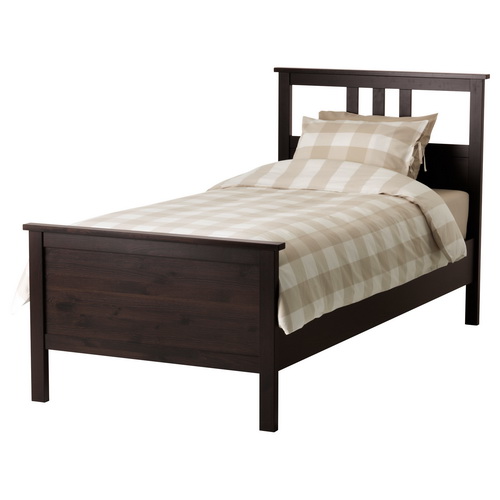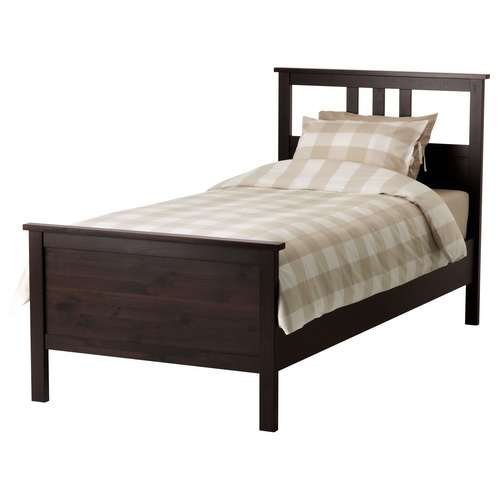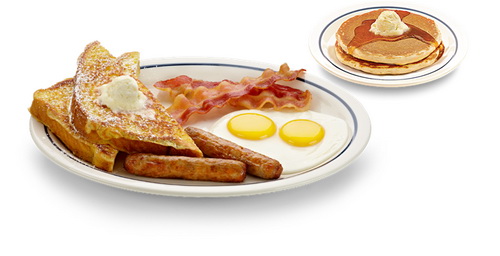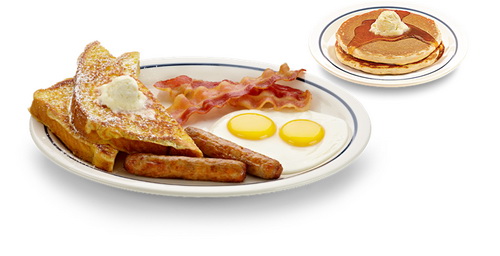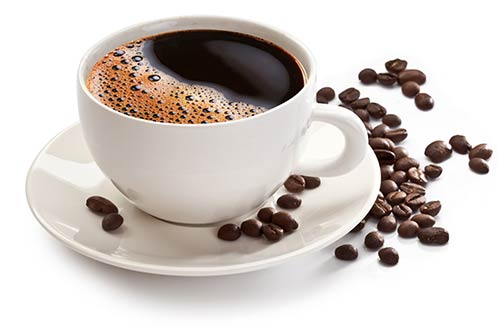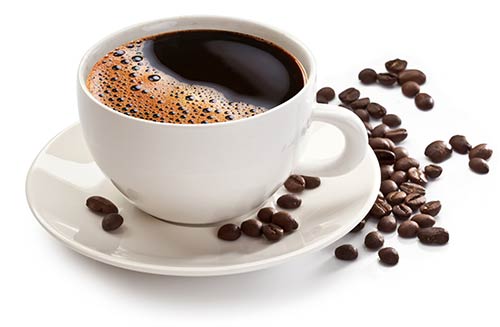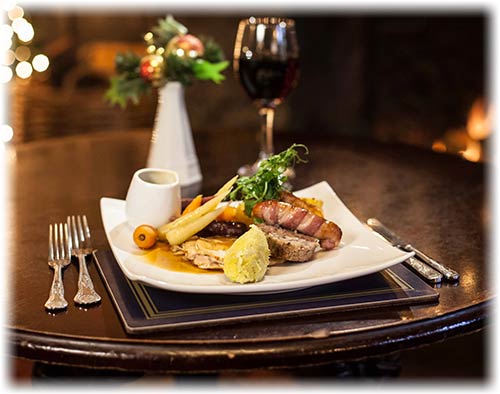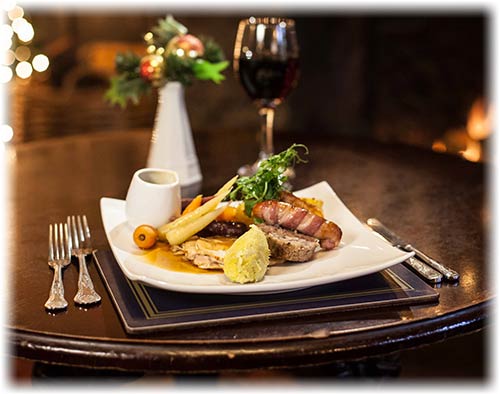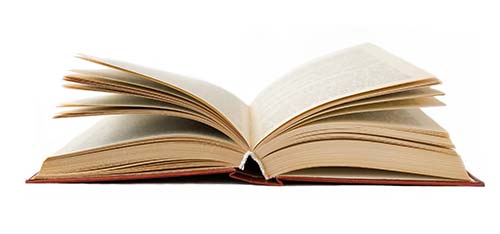camera
a piece of equipment used to take photographs or make films or television programmes

دوربین، دوربین عکاسی
I need a new film for my camera.
Oxford Essential Dictionary
camera
noun
a thing that you use for taking photographs or moving pictures:
I need a new film for my camera.
Longman Dictionary of Contemporary English
camera
cam‧e‧ra S2 W3 /ˈkæmərə/ BrE AmE noun [countable]
[Date: 1700-1800; Origin: camera obscura 'box with a hole through which an image is made to appear on the inside of the box' (18-21 centuries), from Modern Latin, 'dark room'; ⇨ chamber]
1. a piece of equipment used to take photographs or make films or television programmes ⇨ camcorder, video camera
on/off camera (=while a camera is recording or not recording)
The crime was caught on camera by police.
2. in camera law a law case that is held in camera takes place secretly or privately
• • •
COLLOCATIONS
■ verbs
▪ point a camera at somebody/something A group of Japanese tourists were pointing their cameras at the cathedral.
▪ focus a camera on somebody/something (=point it very exactly at somebody/something) The TV cameras were focused on his face.
▪ pose for the camera (=sit or stand in a position in order to be photographed) Can you pose for the camera?
▪ be caught on camera (=be photographed, especially doing something wrong) The boys were caught on camera leaving the station.
▪ load a camera (=put a film in it) I had loaded my camera with a black and white film.
▪ set up a camera (=make a camera ready to use) The team set up their cameras some distance from the animals.
▪ install a camera (=in a building or public place, for security) Cameras have been installed on almost every street corner.
■ types of camera
▪ a digital camera (=an electronic camera that does not use film) The magazine has a review of the best digital cameras.
▪ a compact camera (=a small, simple camera that uses film) There are some very good compact cameras around.
▪ a video camera (=that records moving pictures) They hired a video camera to use at their wedding.
▪ a television camera He never felt comfortable in front of television cameras.
▪ a film/movie camera Karl trained the movie camera on him.
▪ a security/surveillance camera (=a camera that takes photographs of people in buildings or public places) He was seen on a car park security camera.
■ camera + NOUN
▪ a camera lens A high quality camera lens is the key to taking good photographs.
▪ camera equipment Camera equipment worth £3000 was stolen in the robbery.
▪ a camera case (=for carrying a camera in) A camera case is essential for protecting your camera.
▪ a camera crew (=the people who work the cameras that make a film or programme) We can provide a professional camera crew for any type of production.
Oxford Advanced Learner's Dictionary
camera
cam·era [camera cameras] [ˈkæmərə] [ˈkæmərə] noun
a piece of equipment for taking photographs, moving pictures or television pictures
• Just point the camera and press the button.
• Cameras started clicking as soon as she stepped out of the car.
• a TV/video camera
• a camera crew
Idioms: in camera ▪ on camera
Word Origin:
n. mid 19th cent. camera obscura Latin
late 17th cent. (denoting a council or legislative chamber in Italy or Spain) Latin Greek kamara ‘object with an arched cover’
Example Bank:
• A security camera caught her shoplifting.
• Closed-circuit cameras have been installed throughout the building.
• He couldn't bring himself to face the cameras and left by a back exit.
• He couldn't bring himself to face the waiting cameras.
• He played his first game in front of the TV cameras.
• I bought a disposable camera from the gift shop.
• Police are checking security camera footage.
• She stepped onto the balcony and a thousand cameras clicked.
• Simply point your camera at the subject and press the button.
• The camera can be operated remotely.
• The camera has caught the expression on the Queen's face beautifully.
• The camera lingers on a close-up of her face.
• The camera was mounted on a hang-glider.
• The camera zoomed in on a picture above the fireplace.
• The crews have been setting up their cameras.
• The director gave the signal and the cameras rolled.
• The documentary was shot using a hand-held digital camera.
• The film was taken by a camera mounted on a hang-glider.
• The incident occurred off camera.
• The moment was caught on camera.
• The outgoing and incoming presidents posed for the cameras.
• a mobile phone with a built-in camera
• the highest-resolution camera phone on the market
in camera
in ˈcamera idiom
(law) in a judge's private room, without the press or the public being present
• The trial was held in camera.
Main entry: cameraidiom
Cambridge Advanced Learner's Dictionary
camera
camera /ˈkæm.rə/
noun [C]
1 a device for taking photographs or making films or television programmes:
I forgot to take my camera with me to Portugal, so I couldn't take any photos.
Television camera crews broadcast the event all round the world.
It was said of Marilyn Monroe that the camera loved her (= that she looked very attractive on film and in photographs).
2 on camera appearing on a piece of film:
They were caught on camera as they brutally attacked a man.
Collins COBUILD Advanced Learner’s English Dictionary
camera
[kæ̱mrə]
♦♦
cameras
1) N-COUNT A camera is a piece of equipment that is used for taking photographs, making films, or producing television pictures.
Her gran lent her a camera for a school trip to Venice and Egypt.
...a video camera.
2) PHRASE: usu PHR after v, v-link PHR If someone or something is on camera, they are being filmed.
Fay was so impressive on camera that a special part was written in for her...
Just about anything could happen and we'll be there to catch it on camera when it does.
3) PHRASE: usu PHR after v, PHR n If you do something or if something happens off camera, you do it or it happens when not being filmed.
They were anything but friendly off-camera, refusing even to take the same lift.
...off-camera interviews.
4) PHRASE: PHR after v If a trial is held in camera, the public and the press are not allowed to attend. [FORMAL]
This morning's appeal was held in camera...
They were sentenced by a military tribunal sitting in camera.
Syn:
in private

